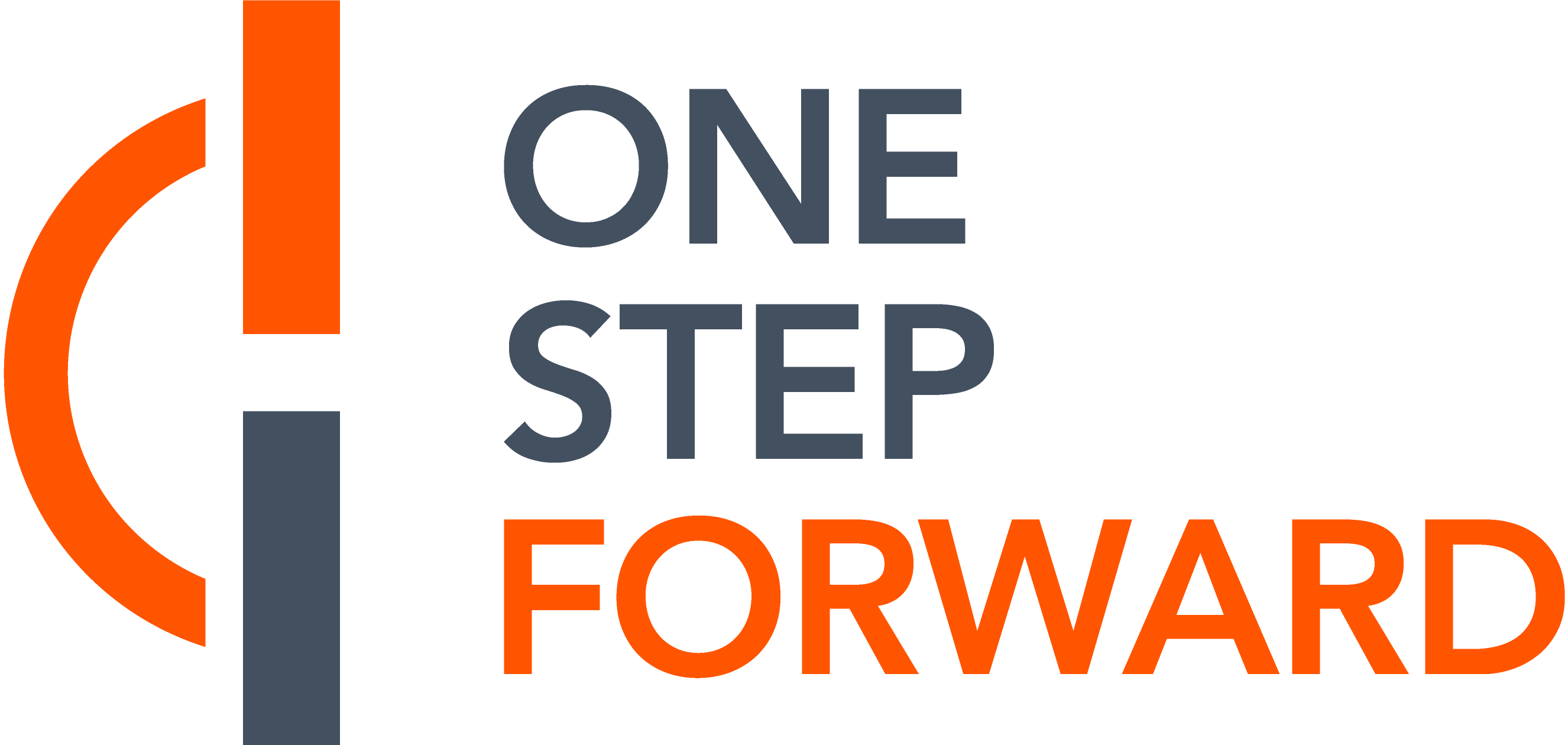Episode notes
Preeti Thapa has led community justice and conflict transformation programs in her native Nepal for about sixteen years, working with the Asia Foundation (you can read more on that here).
That experience spans an extraordinarily turbulent period — the tail end of the Maoist insurgency, a drawn-out and highly contentious transition to multi-party politics, a transformative new constitution, and the 2014-15 earthquake.
As a consequence we get into many of the central dilemmas of conflict transformation work. Structural and community-level issues versus the national political drama that captures the international imagination. Informal versus formal mechanisms in meeting aspirations for justice. Progressive social agendas versus working “with the grain”.
And not least of all — the experience of women, and women from the global South specifically, in fields that are all too often male-dominated and hierarchical.
Topics discussed:
[02:50] Community mediation as a process for conflict transformation at the community level.
[06:55] The “co-facilitation” model which strives for a mediation panel that reflects the composition of the community and the disputants, rather than the usual suspects.
[11:55] Dealing with biases and structural injustices. Personal, relational and cultural changes linked to the rise of community mediation in Nepal.
[18:15] The risks and opportunities of rolling out community mediation during an active conflict, and during times of extraordinarily rapid political change.
[26:20] Setting ambitions for conflict transformation efforts in a context with major structural and policy challenges.
[31:50] Early career experiences in the legal system. Frustrations with the justice system as a route to meaningful social change, and as a difficult environment for a woman.
[40:40] Reflections after sixteen years of this work. Contributions to social change outside of the legal profession, versus those what were possible inside it.
[49:00] Key partnerships and influences outside Nepal. Dealing with old-fashioned views on peacebuilding, and on who gets to contribute to that debate.
